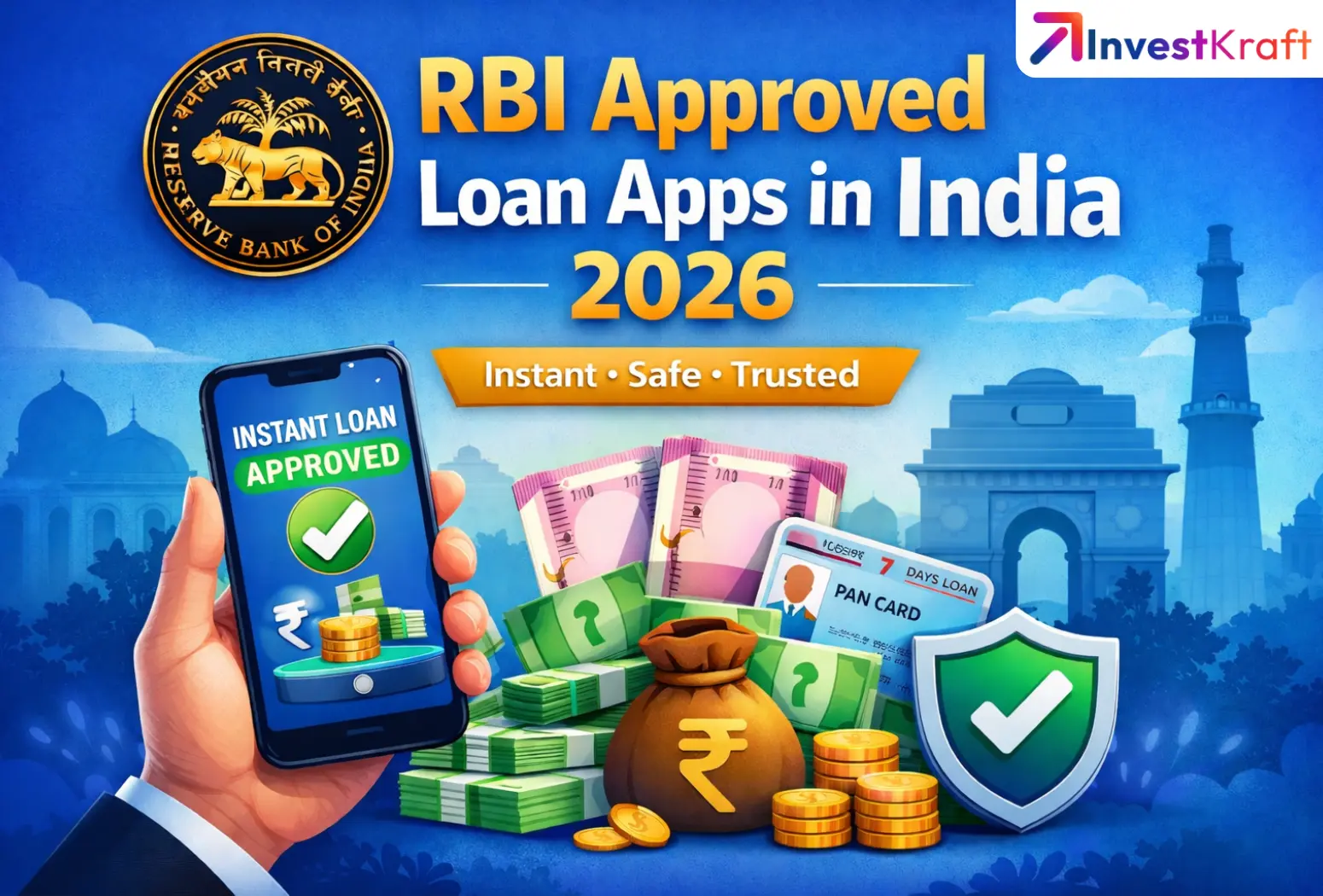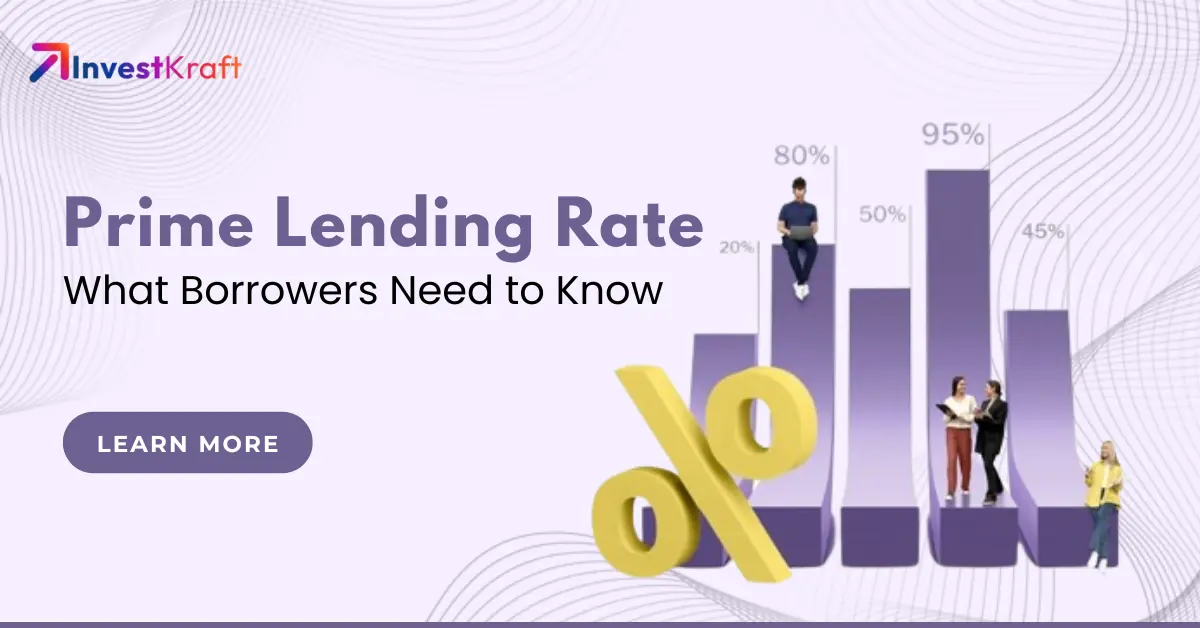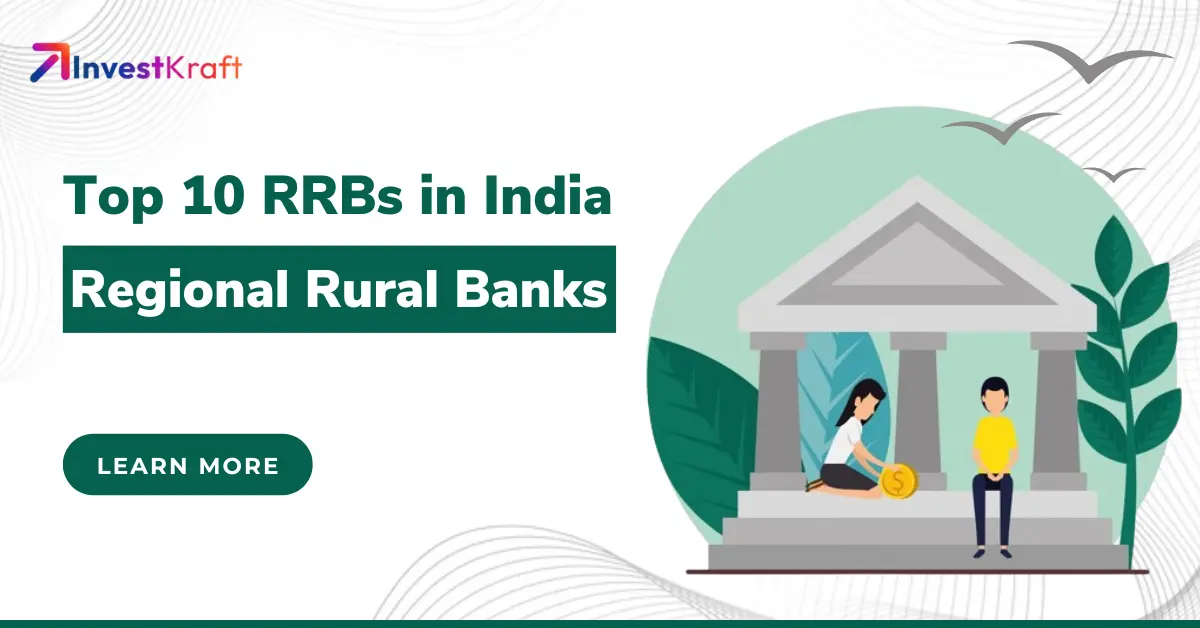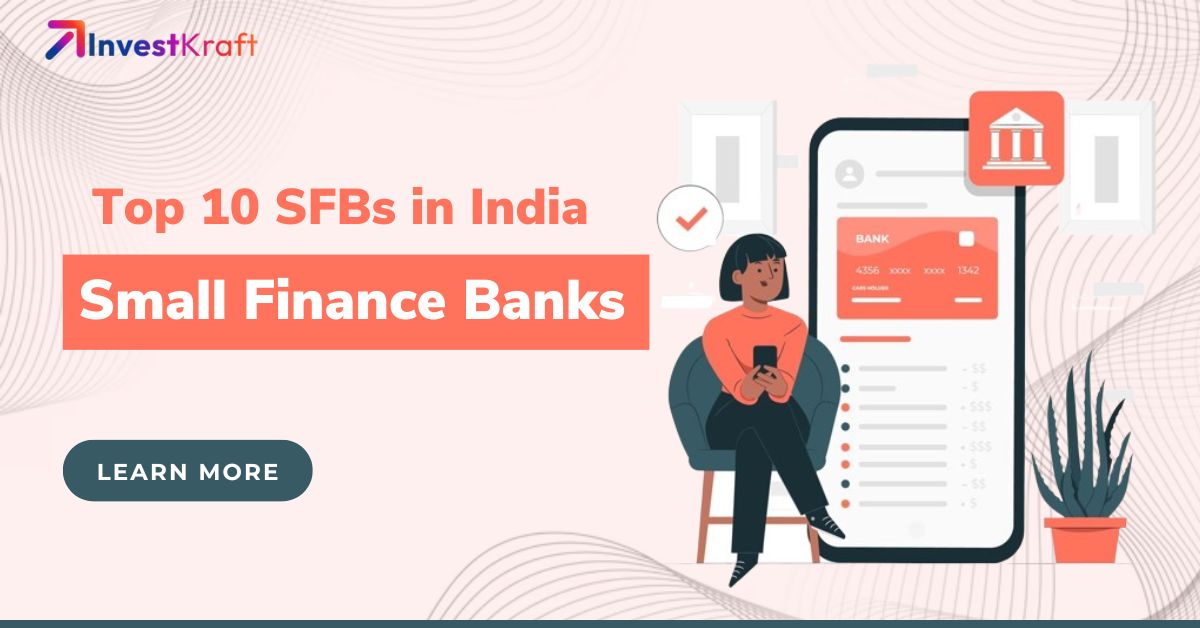Loan Against Property Vs. Business Loan

Loan Against Property Vs. Business Loan: Which is better? These days, there are a lot of alternatives available to you when it comes to getting money. Depending on your needs, you may select a product based on your requirements and pick between an unsecured or secured loan. Since they may be utilized freely and without restrictions, personal loans and loans secured by property provide excellent examples of unsecured and secured loans. You have a lot of discretionary income with both loans, so they're both excellent alternatives. When comparing a loan secured by property to a business loan, there are a few advantages that you will get to know in the following post.
What is a Loan Against Property?
A loan against property refers to a loan that is backed by a real estate property. You may use the title documents to your home, land, or business property as security for this loan. Under this financing arrangement, there are no limitations on your use of the money by the lender.
These are a few of the most convincing arguments in favour of this loan.
- Paying for expenditures associated with business
- Consolidation of debt
- Building a house, remodelling it, or designing the inside
- Covering medical expenses
- Managing your wedding-related costs
- Funding your child's post-secondary education
Read More: Things To Know Before Applying For Loan Against Property (LAP)
How Does a Loan Against Property Function?
The loan amount secured by the principal amount of your property is determined by its current market value. The lender sends an assessing officer to appraise the property when you apply for this loan. Additionally, you must turn in your KYC documentation (know your customer). Typically, a loan against property is available up to an 80% loan-to-value (LTV) ratio. Your application is approved by the lender following satisfactory verification and assessment. To reduce the credit risk, they maintain conditional ownership of your home. They will keep possession of the vehicle until you return the whole loan balance, interest included.
Read More: 5 Major Elements of a Loan Against Property (LAP)
After knowing the details of a loan against property, the next thing to look at is a business loan.
What Does a Business Loan Mean?
Put simply, a business loan is taken for the purpose related to a business. The only kind of financing available to business owners is a business loan. Its design makes it simple to adapt to the various demands of an organisation. Finance for businesses is provided in a tailored format. You can apply for a working capital loan if you need money to pay for operating costs. In a similar vein, if you want funds to purchase equipment, a machinery loan is perfect.
These are a few of the most typical justifications for taking out a company loan.
- Start a new business
- Opening of an extended office or branch
- Employee salary payment
- Keeping up with the expenses of operations
How Does a Business Loan Function?
Self-employed professionals, manufacturers, HUFs, private and public limited businesses, and other entities can apply for business loans. There are specific documentation that the lender needs when you apply for this loan. The amount of your business loan is determined by your credit score, profit and loss records, business kind, and other personal and commercial facts. The majority of lenders provide unsecured business loans with maximum payback amounts of Rs.30 lakhs and 36 months.
After learning the differences between a company loan and a loan secured by property, it's time to choose the financing option that best suits your needs.
Read More: Ways To Get a Business Loan With Low CIBIL Score
Loan Against Property vs. Business Loan
This is a detailed comparison to help you decide which finance arrangement is best.
1. The loan amount
The total amount of the company loan depends on your credit history. A prosperous business and a solid credit history might get you a loan of up to Rs. 30 lakhs from the lender. This amount, meanwhile, could not always cover your main operating costs. For instance, Rs. 30 lakhs could be perfect for small enterprises, but if you run a large firm, the money might not meet your needs. That isn't the case, though, with a loan secured by real estate. You are able to borrow up to Rs. 5 crores, as the loan value is contingent upon the value of the property. This amount covers all of your monetary commitments.
Also Read: How To Get Approved For A Small Business Loan
2. Interest rate
When determining which financing plan is ideal for you, the interest rate plays a major role. The interest rate is determined by the credit risk. If there is a significant chance of default, a higher interest rate will apply. One type of unsecured funding is a business loan. If the borrower defaults, it will be difficult for the lender to recoup damages. To reduce risk, they consequently impose a higher interest rate. Conversely, a secured source of funding is a loan backed by property. A valuable piece of real estate provides the funding. It implies that the lender has the right to sell the property at auction in order to recover its losses in the event of a borrower failure. A loan secured by property is one where the collateral eliminates the danger of default.
3. Flexibility to use the amount
Many individuals believe that there is flexibility in the utilisation of both company loans and loans secured by real estate. You can use the funds for anything you'd like. That being said, the statement is untrue. Lenders provide freedom when you take out a company loan, but only within certain bounds. The money isn't meant for you to cover personal costs. That isn't the case, though, with a loan secured by real estate. You can use the money for both personal and professional expenses in this case.
4. Repayment tenure
Your budget and the length of the loan repayment are directly correlated. A shorter term results in a higher EMI and a lower interest expenditure. A longer term, however, entails a greater interest payment and a reduced EMI. Running a smooth operation, however, takes precedence over the total interest payable at the conclusion of the period, given the loan amount and lower EMIs. The duration of business loans is limited to 36 months. A loan secured by real estate, on the other hand, has a variable duration of up to 15 years.The table below explains why loans secured by real estate are preferable than company loans.
5. Support for startups
When you first launch a firm, it may be difficult to find a lender that would provide business loans. Applicants with at least three years of company experience are often given consideration by lenders. Lack of money is one of the most frequent causes of start-up failure. Startups, however, benefit greatly from the simple availability of a loan secured by real estate. If you have a clean credit record and own a home, getting financing won't be a problem for you.
The Conclusion
A loan secured by real estate may be preferable to a company loan. It has an ample amount of funds, a low-interest rate, and a long payback period. When borrowers want to support a big-ticket venture, this is their first option. If you require a lesser sum for a shorter length of time, business loans are the best option. Whatever you decide, Investkraft makes sure you can easily access cash at a fair interest rate.
Verify Phone Number
Related Post

RBI Approved Loan Apps in India 2026: Best Instant & Safe Loan Apps List
Instant loan apps have completely changed how Indians borrow money. Whether you need ₹1,000 ur...
Read more...
How Does the Moratorium Period Act as a Life Raft for Borrowers?
Financial jargon, whether taking a loan or opening a bank account, can be confusing and tricky. Thes...
Read more...
New to Credit? Stop Worrying and Build Your Credit with These Essential Tips
Establishing and maintaining a healthy credit score can seem overwhelming, particularly for new borr...
Read more...
Prime Lending Rate: A Friend or Foe for Borrowers?
When purchasing items on credit, it is common to need a financial investment and many turn to loans...
Read more...
Top 10 Foreign Banks in India 2025
Foreign banks bring crucial international expertise and capital to India’s BFSI industry, benefiting...
Read more...
Top 10 P2P Lending Companies in India 2025
Peer-to-peer lending, or P2P lending, offers a way for individuals to borrow and lend money without...
Read more...
Complete List of Cooperative Banks in India 2025 – Urban & Rural Co-ops Banks
The role of cooperative banks in a rapidly growing nation like India is of crucial importance. The c...
Read more...
Complete List of Regional Rural Banks (RRBs) in India 2025 – Services & Functions Explained
Established on the recommendations of the Narasimhan Working Group in 1975, Regional Rural Banks (RR...
Read more...
Top 10 Small Finance Banks (SFBs) in India 2025
Small Finance Banks aim to empower marginalized groups in society, including small businesses, margi...
Read more...
Top 5 Payment Banks in India 2025
In recent years, India's banking landscape has undergone a significant transformation with the adven...
Read more...Reach out to our Experts if you have any Doubts
Like the best things in life, Consultations @InvestKraft are free
Drop a Mail or give us a Missed Call & Begin your Investment Journey here







